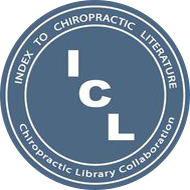| OBJECTIVES: The purpose of this study was to measure the intraobserver and interobserver reliability of magnetic resonance detection of cervical spondylotic myelopathy with and without operational guidelines. METHODS: Seven radiologists examined images from 10 patients with cord signal abnormalities and clinical signs of myelopathy. Radiologist examined films twice, with and without operational guidelines designed to define stenotic changes, while blinded to the clinical findings of the patients. Analyses included a Fleiss kappa assessment of intraobserver and interobserver reliability. RESULTS: Results demonstrated high percentage of agreement and strong intraobserver reliability and variable Fleiss kappa values for interobserver assessment. Operational guidelines did not improve the intraobserver or interobserver agreement. CONCLUSION: Although the percentage of agreement was high in some cases, the kappa agreement was low-most likely a result of the base rate problem of a kappa analysis. Sample bias toward severe degenerative changes resulted in highly prevalent selections and kappa adjusted values. Nonetheless, the results do suggest that substantial intraobserver kappa agreement and a wide range of interobserver kappa agreement exists among trained radiologists during detection of stenotic changes associated with cervical spondylotic myelopathy. This abstract is reproduced with the permission of the publisher; full text by subscription.
|
